no products in the cart
0

Rice paddies become a stage for the quiet rhythms of everyday life, from folktales to clandestine relationships. Meitei distills the peaceful essence of rural Japan into a pastoral archetype, seasoned with lo-fi hiss.
Hailing from Hiroshima, Meitei unveils the final chapter of his Kofū trilogy. Kofū III marks the apex of a musical journey that began in 2020, unraveling an excavation of the artist's psyche while delving deep into the essence of Japanese culture. This release invites listeners into the innermost sanctums of Meitei's existence—a passage filled with serenity, self-discovery, and the triumphant conquest of personal demons.
Relocating from bustling Kyoto to the tranquil town of Onomichi, Hiroshima, Meitei experienced not just a geographical shift but a profound change in perspective. Immersed in the quiet rhythms of rural life, he found solace and inspiration to craft his distinctive “ambient” music, resurrecting lost Japanese moods.
Kofū III serves as a reflection on “the Japanese mental landscape,” deeply tied to Meitei’s return to his hometown. Rooted in solitude, like its predecessors Kofū and Kwaidan, this album embodies the vanishing essence of Japan that Meitei unearthed in Onomichi. It transcends time, weaving musical vignettes that evoke bygone eras while drawing on the rich tapestry of Japanese literature and mindscape.
Meitei introduces listeners to the tranquil Hiroshima countryside in Reimei, while Hiroshima reflects upon the city’s transformation. It explores Meitei’s intricate relationship with the city and contemplates the ever-changing visage of contemporary Japanese progress.
Within the sonic fabric of Kofū III, Shisei transports listeners to Japan's past, when tattoos bore the name “Shisei.” Inspired by Junichiro Tanizaki’s narratives, the track paints a sensual tale of a tattooed man adorning a woman with a spider tattoo.
Meitei’s authenticity shines in Kofū III, where complex emotions metamorphose into a kaleidoscopic fusion of lo-fi bliss. In Yume-jūya, Meitei recounts a peculiar dream and the lingering anxiety it left behind. Also inspired by the famous Japanese writer Soseki Natsume’s Yume-jūya, Meitei’s interpretation offers his perspective on this comical and bizarre tale.
Edogawa Ranpo stands as a mind-bending loop track that pays homage to the lesser-known Japanese author Edogawa Ranpo, a pioneer of the mysterious and bizarre. This experimental piece melds folklore, electronic rapture, and distortion, reflecting Meitei’s fascination with Ranpo’s work since his elementary school days.
At the core of Kofū III lies Heiwa, originally titled 1945. The track encapsulates Meitei’s profound reflection on peace education in his hometown and the weighty significance of acknowledging historical tragedies. Its renaming to Peace symbolizes his personal journey toward understanding and reconciliation.
As Meitei concludes his Kofū trilogy, listeners are invited to embark on a voyage to unearth the hidden treasures of Japanese culture and the depths of the human soul. Kofū III is a meditation on the intangible threads that bind us to our past—a portal to Japan’s veiled history, capturing the essence of its elusive spirit through the enigmatic landscapes of Meitei’s inner terrains.
€34,00
only 3 left

Rice paddies become a stage for the quiet rhythms of everyday life, from folktales to clandestine relationships. Meitei distills the peaceful essence of rural Japan into a pastoral archetype, seasoned with lo-fi hiss.
Hailing from Hiroshima, Meitei unveils the final chapter of his Kofū trilogy. Kofū III marks the apex of a musical journey that began in 2020, unraveling an excavation of the artist's psyche while delving deep into the essence of Japanese culture. This release invites listeners into the innermost sanctums of Meitei's existence—a passage filled with serenity, self-discovery, and the triumphant conquest of personal demons.
Relocating from bustling Kyoto to the tranquil town of Onomichi, Hiroshima, Meitei experienced not just a geographical shift but a profound change in perspective. Immersed in the quiet rhythms of rural life, he found solace and inspiration to craft his distinctive “ambient” music, resurrecting lost Japanese moods.
Kofū III serves as a reflection on “the Japanese mental landscape,” deeply tied to Meitei’s return to his hometown. Rooted in solitude, like its predecessors Kofū and Kwaidan, this album embodies the vanishing essence of Japan that Meitei unearthed in Onomichi. It transcends time, weaving musical vignettes that evoke bygone eras while drawing on the rich tapestry of Japanese literature and mindscape.
Meitei introduces listeners to the tranquil Hiroshima countryside in Reimei, while Hiroshima reflects upon the city’s transformation. It explores Meitei’s intricate relationship with the city and contemplates the ever-changing visage of contemporary Japanese progress.
Within the sonic fabric of Kofū III, Shisei transports listeners to Japan's past, when tattoos bore the name “Shisei.” Inspired by Junichiro Tanizaki’s narratives, the track paints a sensual tale of a tattooed man adorning a woman with a spider tattoo.
Meitei’s authenticity shines in Kofū III, where complex emotions metamorphose into a kaleidoscopic fusion of lo-fi bliss. In Yume-jūya, Meitei recounts a peculiar dream and the lingering anxiety it left behind. Also inspired by the famous Japanese writer Soseki Natsume’s Yume-jūya, Meitei’s interpretation offers his perspective on this comical and bizarre tale.
Edogawa Ranpo stands as a mind-bending loop track that pays homage to the lesser-known Japanese author Edogawa Ranpo, a pioneer of the mysterious and bizarre. This experimental piece melds folklore, electronic rapture, and distortion, reflecting Meitei’s fascination with Ranpo’s work since his elementary school days.
At the core of Kofū III lies Heiwa, originally titled 1945. The track encapsulates Meitei’s profound reflection on peace education in his hometown and the weighty significance of acknowledging historical tragedies. Its renaming to Peace symbolizes his personal journey toward understanding and reconciliation.
As Meitei concludes his Kofū trilogy, listeners are invited to embark on a voyage to unearth the hidden treasures of Japanese culture and the depths of the human soul. Kofū III is a meditation on the intangible threads that bind us to our past—a portal to Japan’s veiled history, capturing the essence of its elusive spirit through the enigmatic landscapes of Meitei’s inner terrains.


we write about records, events, and other small discoveries.

